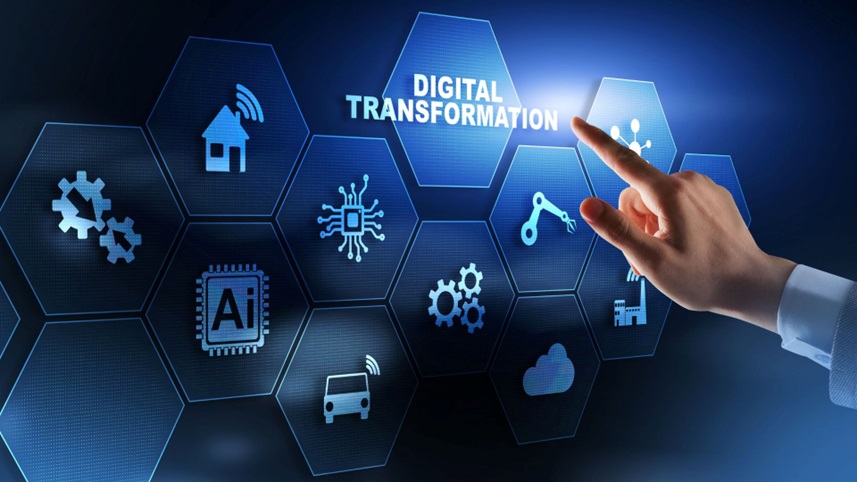
In the digital age, digitization is revolutionizing many industries — and healthcare is no exception. From medical records to patient communication and even surgery, digitization has enabled healthcare providers to perform better as well as it has aided in improving patient experience. Here are seven ways digitization is transforming the healthcare industry for the better.
1. Improved Data Management
Digitization has enabled medical professionals to access and store patient data easily. This makes it easier for providers to keep track of all the information about a patient, from diagnosis history to prescriptions and even lifestyle changes.
2. Enhanced Patient Experience
Digitization is responsible for improving patient experience and allowing them to provide faster, more efficient care. Patients can now book appointments online, access their healthcare records from anywhere with an internet connection and even have virtual consultations with their providers. You should know the patient experience and why it is essential in healthcare so you can make sure that your patients are getting the best care possible.
3. Improved Diagnosis Accuracy
Thanks to digitization, medical professionals have access to more critical patient data than ever before. This data can help providers make more accurate diagnoses and create tailored patient treatment plans.
4. Streamlined Hospital Operations
Digitization has made it easier for hospitals to manage operations from personnel scheduling to patient billing. This allows medical professionals to focus more on caring for patients than worrying about administrative tasks.
5. Increased Accessibility
Digitization has enabled healthcare providers to make medical services more accessible to those who need them most. This includes providing remote access to healthcare services such as telemedicine, which can help people in rural areas and those with limited mobility get the care they need without traveling long distances.
6. Better Disease Management
Digitization has made it easier for medical professionals to monitor and manage chronic diseases. Wearable devices can help track patients’ health data in real-time, giving doctors the insights they need to provide more effective care.
7. More Efficient Research
Digitization allows medical researchers to quickly analyze large amounts of data, which can help them create more effective treatments for their patients. In addition, the use of AI and machine learning allows researchers to identify new data trends that may benefit patient care.
Conclusion
Digitization has significantly impacted the healthcare industry, improving data management, patient experience, and hospital operations. Medical professionals can offer patients more efficient and personalized care by utilizing digital tools such as AI, machine learning, and wearable devices. Digitization is genuinely revolutionizing healthcare for the better and bringing us into a new era of modern medicine.






